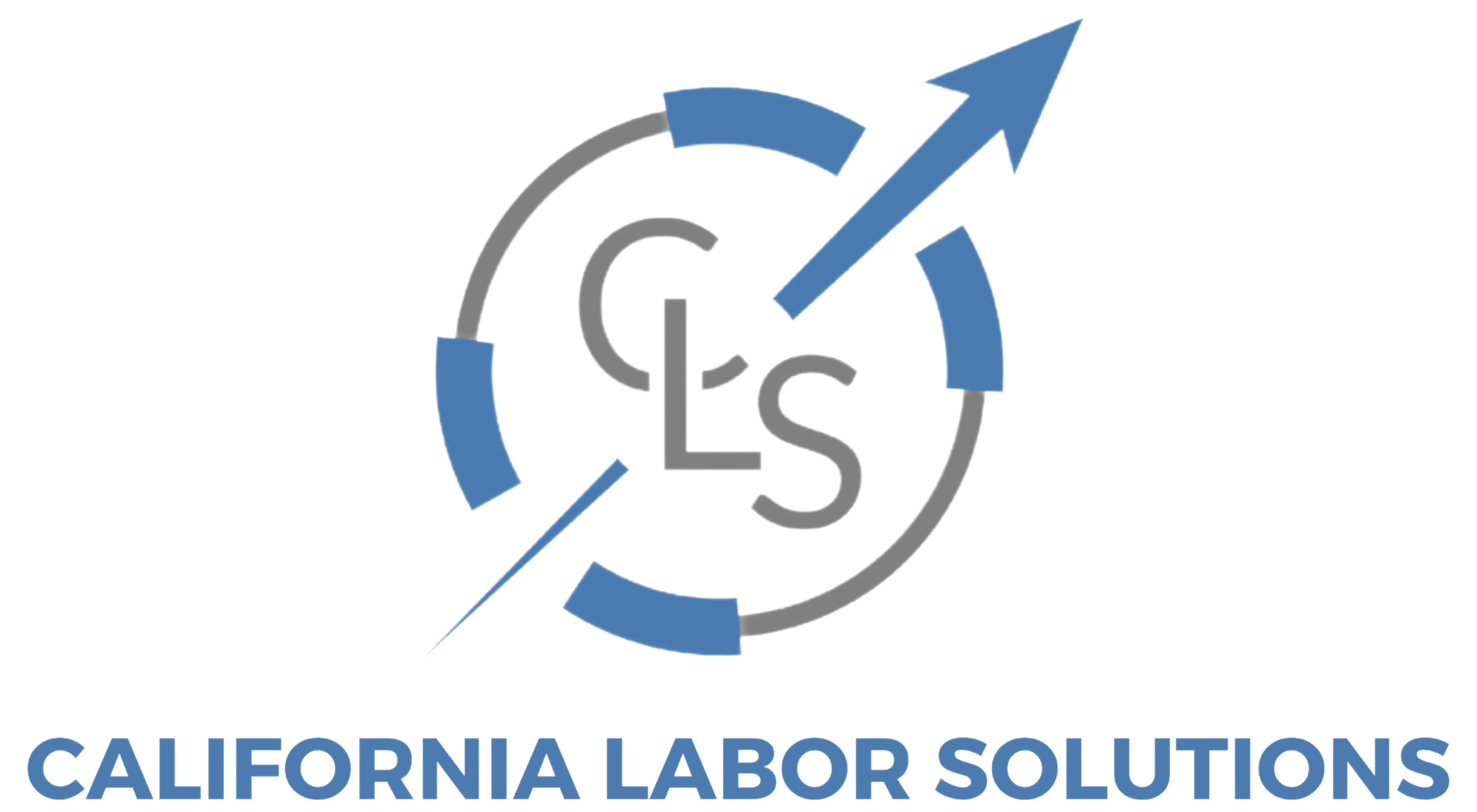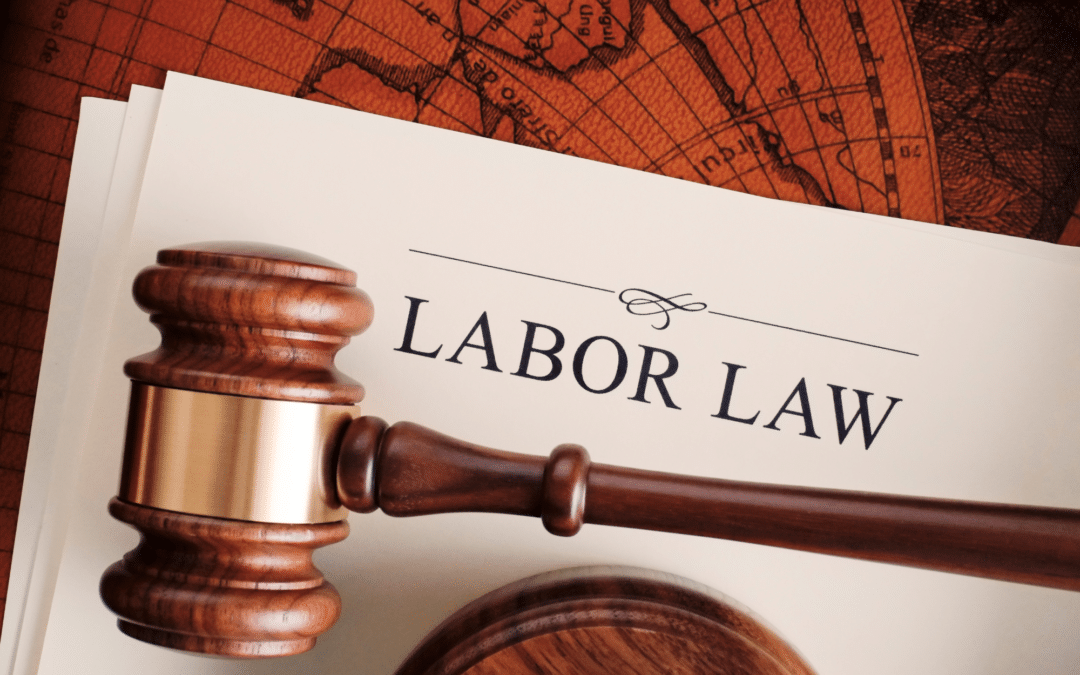Stay Informed on Labor Laws California Enforces
Labor laws in California stand among the strictest in the nation. Employers can’t afford to guess or rely on outdated practices. Whether you manage a large team or a growing small business, applying these laws correctly helps you stay compliant, reduce risk, and maintain a professional workplace.
Understand Wage and Hour Rules
California enforces strict pay and scheduling requirements that go beyond federal law.
- The minimum wage currently sits at $16 per hour statewide, but some cities require more.
- Employers must pay 1.5x overtime after 8 hours in a day or 40 in a week, and 2x pay after 12 hours.
- Workers receive a 10-minute paid rest break every 4 hours and a 30-minute unpaid meal break after 5 hours.
You must keep accurate records and train supervisors to follow these rules consistently.
Classify Workers Correctly
Many businesses misclassify workers—and pay for it later.
California uses the ABC Test to decide whether someone is an independent contractor or employee. If you can’t meet all three parts of the test, you must treat the worker as an employee. For exempt roles, ensure salary and job duties align with state requirements. Employers who misclassify workers risk audits, penalties, and lawsuits.
Follow Leave and Time-Off Requirements
California law guarantees employees access to multiple forms of leave.
Employees earn at least 24 hours of paid sick leave per year. Under the California Family Rights Act (CFRA), qualified workers can take up to 12 weeks of unpaid, job-protected leave for family or medical reasons. Pregnant employees may qualify for up to 4 months of Pregnancy Disability Leave.
Employers should explain these policies clearly in handbooks and onboarding.
Take Action on Harassment and Discrimination
California law demands that employers prevent and respond to workplace misconduct.
The Fair Employment and Housing Act (FEHA) prohibits discrimination and harassment based on protected categories like age, race, gender, disability, and more. Employers with 5+ employees must provide harassment prevention training to staff and supervisors. Complaints should trigger immediate, fair investigations and documented follow-up.
Issue Final Pay Correctly
California holds employers accountable for paying final wages on time.
If you terminate an employee, you must pay all wages owed immediately. If the employee resigns without notice, pay them within 72 hours. Include unpaid vacation or PTO. Missing the deadline can result in daily penalties—up to 30 days of extra pay.
Get Help Navigating Labor Laws California Businesses Face
California’s employment laws leave little room for error. You don’t need to manage it all on your own.
California Labor Solutions helps businesses stay compliant with:
- Workplace investigations
- HR audits and compliance consulting
- Employee relations strategies
- Wage and hour reviews
Visit www.californialaborsolutions.com to protect your company and stay in step with California labor laws.

